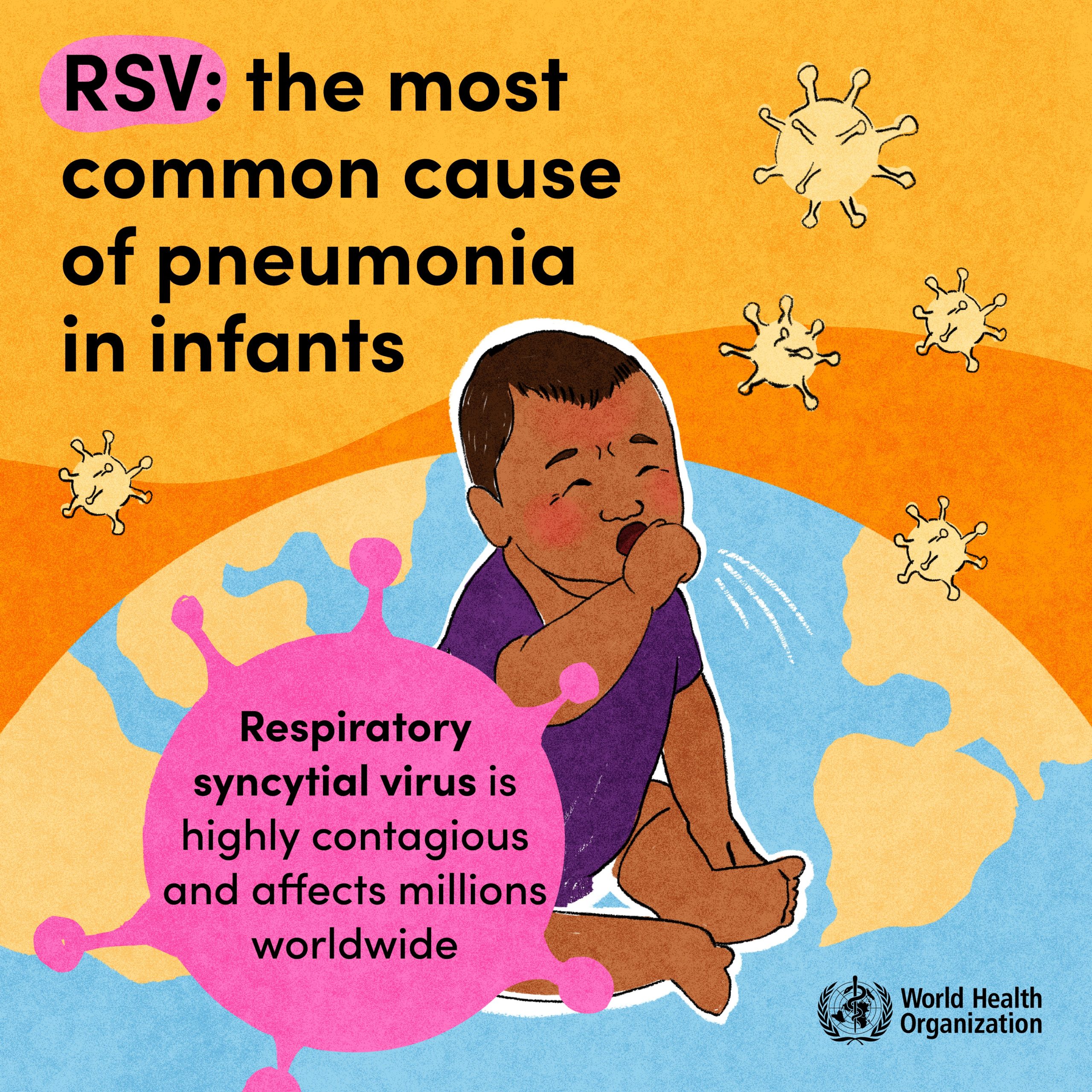
WHO approves two new vaccines to protect infants from RSV
The World Health Organisation (WHO) has issued recommendations for two new immunusation tools to protect infants from respiratory syncytial virus (RSV), the leading cause of severe lung infections in young children globally.
WHO recommended a maternal vaccine, administered to pregnant women in their third trimester to protect their newborns; and a long-acting antibody injection for infants, which begins to protect within a week of administration and lasts for at least five months.
According to a statement from WHO, RSV is responsible for approximately 100,000 deaths annually among children under the age of five, with 97 pc of these deaths occurring in low- and middle-income countries.
Half of all RSV-related deaths occur in babies younger than six months.
Although RSV can infect people of all ages, “it is especially harmful to infants, particularly those born prematurely,” said Dr. Kate O’Brien, Director of Immunization, Vaccines, and Biologicals at WHO.
“The WHO-recommended RSV immunization products can transform the fight against severe RSV disease, dramatically reduce hospitalizations, and deaths, ultimately saving many infant lives globally.” She added.
Considering the global burden of severe RSV illness in infants, WHO recommends that all countries adopt either the maternal vaccine or the antibody injection as part of their national immunisation strategies.
“These RSV immunisation products can transform the fight against severe RSV disease, dramatically reduce hospitalisations and deaths, and ultimately save many infant lives worldwide,” said O’Brien.
RSV usually causes mild symptoms similar to the common cold, including runny nose, cough and fever.
However, it can lead to serious complications including pneumonia and bronchiolitis in infants, young children, older adults and those with compromised immune systems or underlying health conditions.
